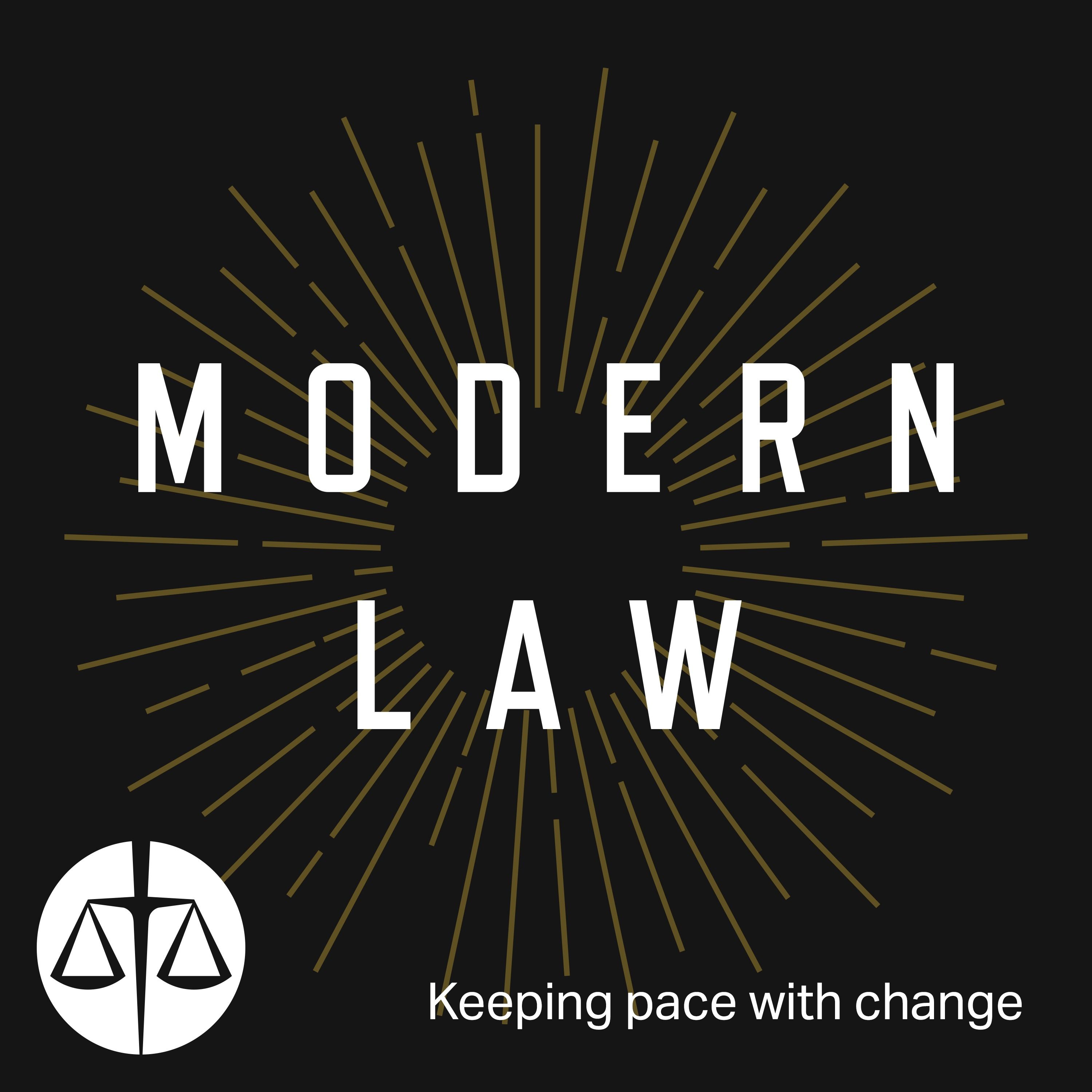- After-Shows
- Alternative
- Animals
- Animation
- Arts
- Astronomy
- Automotive
- Aviation
- Baseball
- Basketball
- Beauty
- Books
- Buddhism
- Business
- Careers
- Chemistry
- Christianity
- Climate
- Comedy
- Commentary
- Courses
- Crafts
- Cricket
- Cryptocurrency
- Culture
- Daily
- Design
- Documentary
- Drama
- Earth
- Education
- Entertainment
- Entrepreneurship
- Family
- Fantasy
- Fashion
- Fiction
- Film
- Fitness
- Food
- Football
- Games
- Garden
- Golf
- Government
- Health
- Hinduism
- History
- Hobbies
- Hockey
- Home
- How-To
- Improv
- Interviews
- Investing
- Islam
- Journals
- Judaism
- Kids
- Language
- Learning
- Leisure
- Life
- Management
- Manga
- Marketing
- Mathematics
- Medicine
- Mental
- Music
- Natural
- Nature
- News
- Non-Profit
- Nutrition
- Parenting
- Performing
- Personal
- Pets
- Philosophy
- Physics
- Places
- Politics
- Relationships
- Religion
- Reviews
- Role-Playing
- Rugby
- Running
- Science
- Self-Improvement
- Sexuality
- Soccer
- Social
- Society
- Spirituality
- Sports
- Stand-Up
- Stories
- Swimming
- TV
- Tabletop
- Technology
- Tennis
- Travel
- True Crime
- Episode-Games
- Visual
- Volleyball
- Weather
- Wilderness
- Wrestling
- Other
Episode 26: Defamation law in the age of (mis)information
Yves Faguy speaks with economist Justin Safayeni, partner at Stockwoods LLP, about defamation law, anti-SLAPP legislation, and their effects on freedom of expression.In today's digital age, information has become a powerful tool, capable of spreading rapidly and influencing public opinion like never before. However, this very same power can also be weaponized. Individuals or groups can engage in targeted campaigns of misinformation, and use online platforms to amplify false narratives and defamatory content. And now there's the rapid growth of artificial intelligence and deepfake technology, which presents new challenges in defamation. Now defamation laws are designed to discourage false claims and, in some circumstances, have proven helpful in combatting disinformation. But taking legal action is lengthy and costly, and it's also possible to use defamation law to shut down speech, and so we must always strike a balance between protecting individuals' reputations and safeguarding freedom of expression. But it's a balance that requires ongoing scrutiny and adaptation to keep pace with the rapidly evolving digital landscape. To discuss the topic with is, we asked Justin Safayeni to come in as a guest. He is a partner at Stockwoods LLP, and his expertise lies in administrative and public law, media/defamation law, and commercial litigation and appeals. Justin has a particular interest in "anti-SLAPP" proceedings, the legal mechanism designed to protect individuals from strategic lawsuits against public participation. He's written and lectured extensively on the topic. He has also represented interveners before the Supreme Court, offering his expertise on the leading cases in this area. To contact us (please include in the subject line ''Podcast''): national@cba.org

